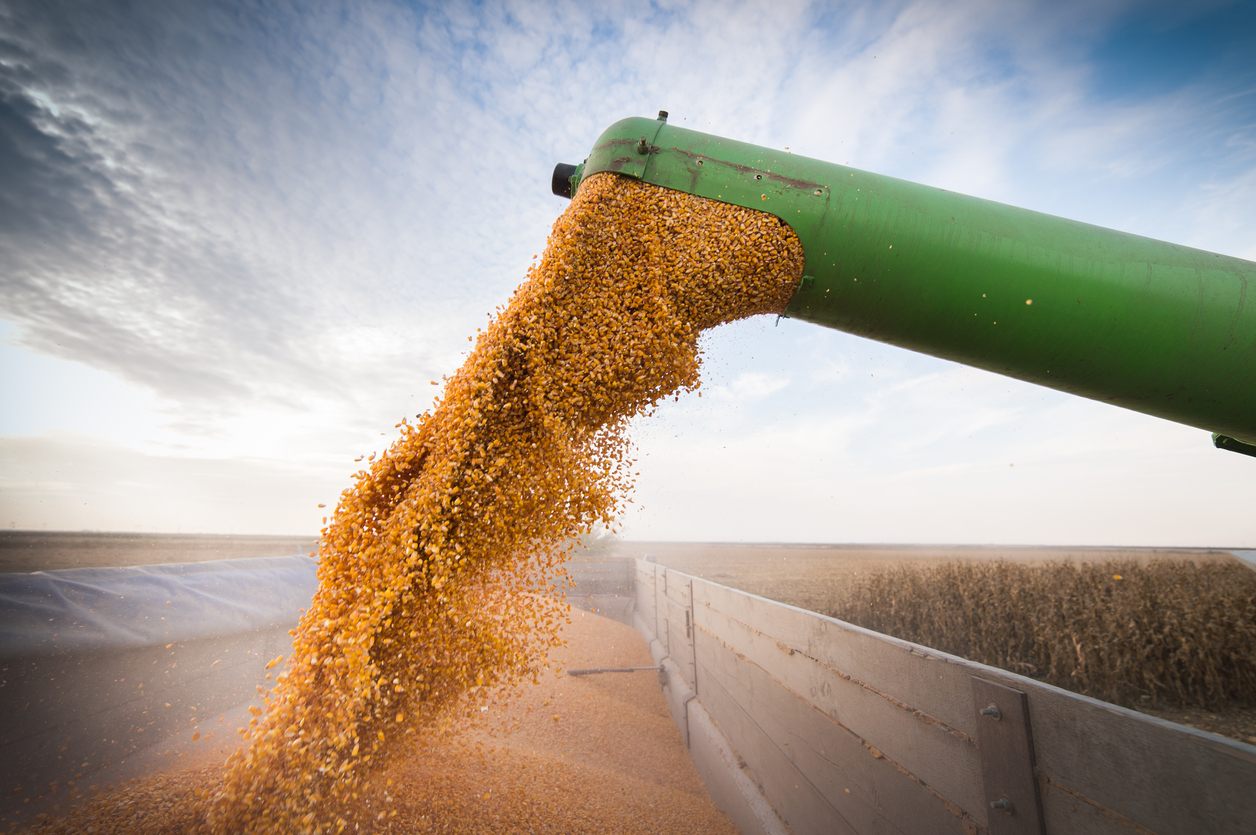Hydroponics can rapidly help serve unmet demands for fresh organic vegetables, grown close to their market. Though limited by volume, growing food in hydroponic greenhouses has many advantages. Because the greenhouse's temperature and inputs can be precisely controlled, plants grow faster and face fewer diseases than their counter-parts outside in soil. A closed-loop irrigation system results in major water savings and uses less fertilizer, while not introducing pollutants into groundwater and soil. These greenhouses can be adapted to many different crops, and facilitate ease of rotation, which enable the farmers to more quickly react to changing consumer demand. Finally, growing hydroponic vegetables closer to consumers will help reverse the trend of foreign produce imports and transporting food across the oceans.
Read moreTrade Your Bitcoin For a Farm
The rise of Bitcoin has left many investors sitting on large sums of cryptocurrencies. KrogerFarms is pleased to announce that it will now accept cryptocurrencies as form of payment for selected platform offerings.
Read moreThree Ways to a Successful Investment Exit
Entering a new investment can be exciting. But it is just as important to understand how and when that investment will successfully end. Investors in private equity and venture capitalist are especially concerned about how they will exit an investment and recognize their gains. Because they invest in private, untraded companies, departing an investment is not as simple as hitting the sell button on a publicly-traded stock on a discount brokerage. Private placements are generally illiquid investments, and agriculture is most suited for those with long term investment horizons. That said, investments in farming don’t have to be set up in perpetuity. KrogerFarms equity investments generally are structured with one of three exit strategies:
Read moreGetting Exposure to Frontier Markets via Agriculture
Agriculture offers a solid way to gain exposure to what the investment community calls "emerging markets," and the even less developed, "frontier markets." Emerging markets, like Brazil, are attractive to investors due to their rapid economic growth and industrialization. Frontier markets have lower market capitalization and liquidity than the more developed, emerging markets. Though these definitions aren't universally agreed upon, the investment research firm MSCI has defined these categories and routinely updates their index to reflect the relative status of each country.
Read moreAm I an Accredited Investor and Why Should I Care?
The term accredited has a number of different meanings. In the investment world, that term is confusing, at best.
Read moreGhana: the New Frontier in Agriculture Investing
Ghana's $45 billion economy is the seventh biggest in sub-Saharan Africa and according to World Bank projections, will expand by 8.3% this year. This rise gives the small West African country the fastest growth rate on the continent. In order to improve the investment climate for international investors, Ghana has implemented several ambitious reforms. To date, these efforts are paying off as Ghana was ranked the best place for doing business in West Africa, ahead of Nigeria and Cote d’Ivoire, according to the 2017 Ease of Doing Business Report.Ghana is one of the most politically stable countries in West Africa and has been a multiparty democracy since 1992. The country ranks 26th globally and 2nd in Africa in the 2016 World Press Freedom Index.
Read moreHow to Invest Like a Family Office
The ultra-rich don't invest like other Americans. They don't cost-dollar average into subpar mutual funds they were forced into by their company's 401k plan. They don't get a hot stock tip from their hair dresser. People with a net worth of 8, 9, or more digits utilize family offices to preserve and grow wealth for the next generation. You can invest like them, too.
Read moreAgriculture Investing - Top Crops of 2018
Investors wishing to diversify their portfolios with natural resources this year are faced with a variety of alternatives. We provide some ideas for the top investment crops of 2018.
Read more3 Ways to Mitigate Risk in Agriculture Investments
We're often asked, "are these investments risky?" Of course, every investment has some level of risk, but agriculture can be one of the safest asset classes if the risks are managed properly. Investors should understand how risks are reduced in any particular asset and agriculture is no different.
Read moreInvesting in Real Estate vs. Investing in Agriculture
Savvy investors have long realized the advantages of owning real, tangible assets, especially those backed by underlying land. Real estate, both commercial and residential, is probably most familiar to alternative investors. But agriculture offers many of the same benefits, and can help diversify the real asset portions of a portfolio. In most cases, both commercial real estate and agriculture produce yield by collecting rents from tenants and returns from the appreciating value of land and the improvements on that land.
Read moreWhat the Ivy League Can Teach You About Investing in Natural Resources
Asset managers for the massive Ivy League endowments have long known the benefits of investing in natural resources, to include farm and timberland. This asset class can provide the same advantages to average investors as it does the endowments.
Read moreToday's Markets and the Everything Bubble
Today's investing environment is precarious. Could agriculture be the solution for yield and safety?
Read moreDiversifying a Portfolio with International Agriculture
The vast array of affordable and diverse investment opportunities in Latin American agriculture are largely unparalleled. As U.S. markets continue to struggle and become increasingly uncertain, many investors will depart traditional asset classes in search of better investment alternatives.
Read more








